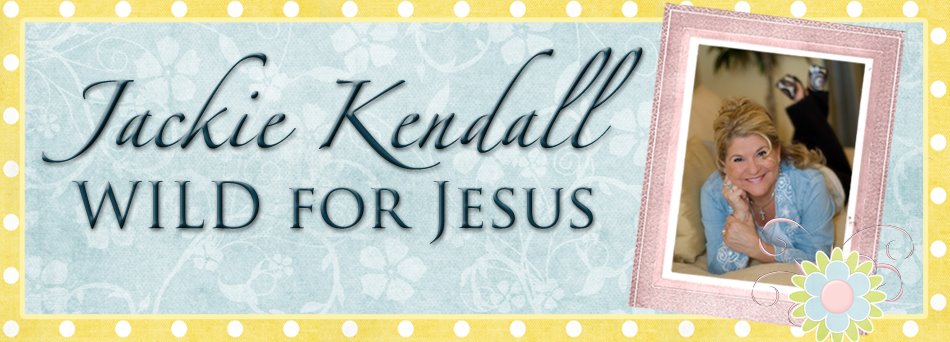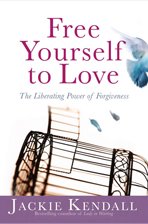Too many times to number, I have listened to people minimize the abandonment they suffered through divorce. Divorce is epidemic, and the denial about the heart wound of abandonment is stunning. Whenever I hear a person say that he or she had an “amicable divorce,” I’m shocked; believe me, the children of the divorce never felt it was amicable. We are too casual about the incredible pain that comes when spouses/parents separate. It is a terrible wound to be abandoned by someone who should have protected, led, and loved you. To minimize that wound usually leads to the offended spouse’s or child’s burying the hurt.
If you bury the hurt, you’ll bury the hate, because believe it or not, where hurt comes, inevitably hate and anger come also. Have you ever considered the parallel between so many angry children and their parents “amica-bull divorce”?
In a book review in the Wall Street Journal, (The Marriage-Go-Round by Andrew J. Cherlin) I read this caption, “Amid divorce, remarriage and co-habitation, children do not do well.” I have witnessed the reality of this caption for two decades as I have counseled thousands of teens whose parents have been divorced. Too many times I have been heartbroken that the child’s parent was more committed to his or her own personal happiness than working for the good of the family as a whole. Cherlin points out in his book, “Americans celebrate individualism more than people in other Western societies and so believe that they are entitled to make choices that maximize their personal happiness.” Such entitlement has moved divorce into epidemic proportions in the U.S.
As divorce increases, the victimized children increase which only validates again the accuracy of my newly penned phrase, “amica-bull divorce: a divorce which is friendly for the adults but antagonistic for the soul of the abandoned child. I will remain busy counseling and comforting hundreds of teens who need to forgive their parents for choices that too often are so me-centric that they are totally oblivious to the impact on their children. (Disclaimer: I know that sometimes divorce is a necessity for the protection of the children—that is not the divorce that the “amica-bull divorce” is referring to.)
Part of every divorce settlement should be a copy of Free Yourself to Love, for everyone involved in this painful choice. The process of forgiving is a life long journey and it doesn’t end when the divorce is final—it has just begun.



















